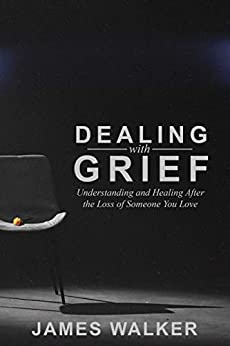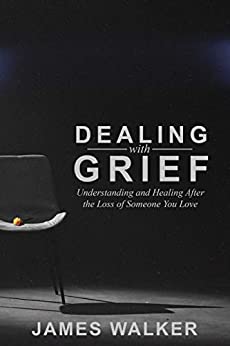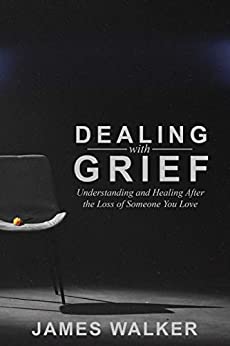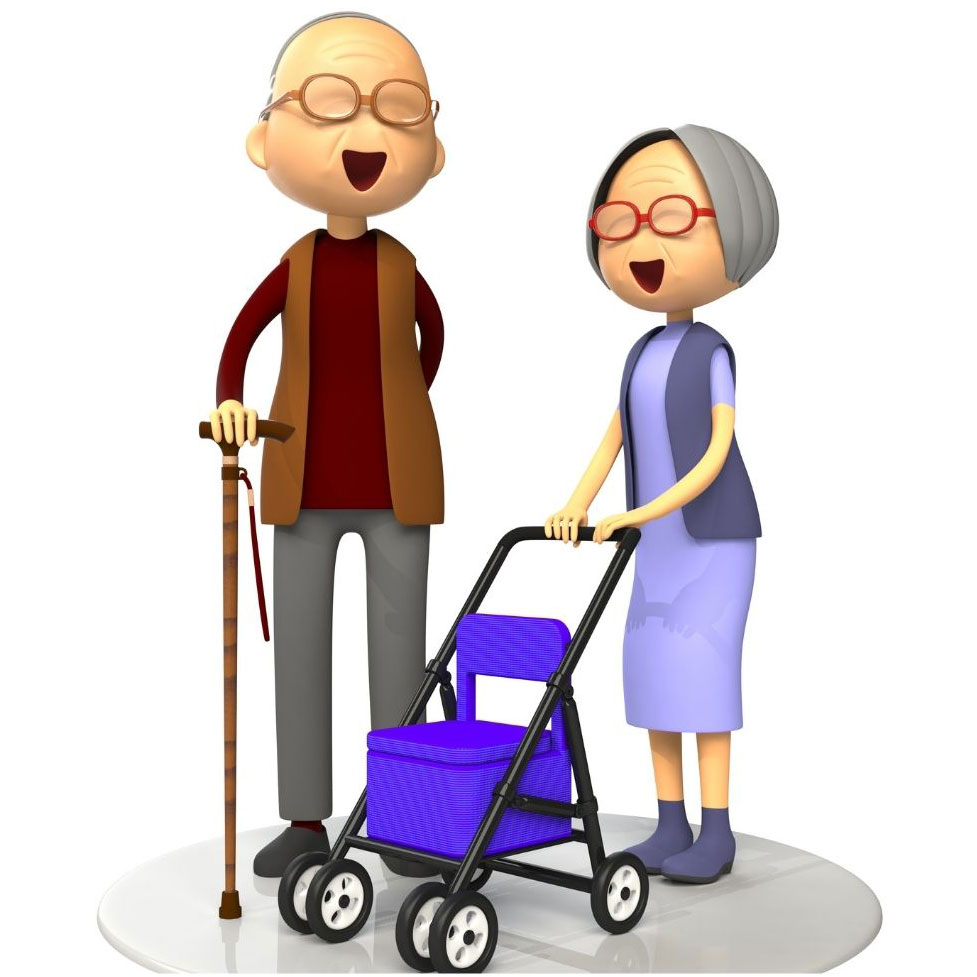How Does Unattended Grief Affect Us In Old Age. What Is Unattended Grief?
“See How Easily You Can Learn To Deal With Grief In This New Way”
Did you know a study found that 31% of seniors admitted into psychiatric units for the elderly had recently been bereaved?
Did you know about 10% of all cases of grief become prolonged or complicated?
Did you know that bereaved seniors are more likely to have cognitive difficulties with language fluency, attention, and information processing?
Imagine if there was a simple way and at a fraction of the cost to handle most of these problems.
You don’t have to imagine it, it is created. It’s called Dealing With Grief Book.
Read below to know more.
Attending grief is experiencing the feelings in the moment of your grief.
Unattended grief is not feeling the feelings as you grieve.
The amount of loss in our lives is enormous. It is the loss of the number of loved ones lost, the number of broken dreams, everyday loss: the loss of dignity due to racial and religious prejudice, or the multitude of finely wrought cultural humiliations suffered by women, the aged, children, the infirm, and the less than “beautiful.
It doesn’t stop there.
It is the ungrieved losses of love betrayed, of trusts broken, of lies sent and received, of words spoken that can never be retrieved, and of the repeated bruises left by unkindness. It is the long-delayed grief of miscarriages and betrayals, lost opportunities, a thousand and one insults, and clutching misgivings that ricochet in the mind and instill restlessness and depression. rejections, dissatisfactions, and disappointments of the past.

What Are The Consequences Of Unattended Grief

“Unexpressed emotions will never die. They are buried alive and will come forth later in uglier ways.” – Sigmund Freud
Additional physical symptoms of grief include:
- Dry mouth.
- Headaches or other aches and pains.
- Shortness of breath, in which case, you should call your doctor to make sure there’s nothing more serious going on.
- Chest pains, which may mean you might want to call emergency services.
- Stomach pain.
- Nausea.
- Fatigue.
- Being overly sensitive to noise and/or light. Increased heart rate. Decreased appetite.
- Increased appetite, soothing emotions with food.
- Panic attacks.
- Muscle weakness.
- General heaviness in the body.
- Depression
- Cardiovascular risk
- Complicated grief
- Recurring illness and increased healthcare costs
- Decreased workplace productivity
- Longer-term unemployment
- Marital strife
- Financial decline
- Mortality
- Impact on caregivers

How Does Grief Change With Old Age?
How
Grief And Seniors: Understanding The Basics
Loss is a normal part of life. Seniors experience the death of loved ones, spouses, friends, and others as they age – and while grief is a natural reaction to these losses, that doesn’t mean the grief is innocuous, or can always be resolved without professional help. In fact, grief can contribute to depression, health issues, and more when it’s not addressed properly.
So, we’ll discuss some statistics about grief and seniors, signs that an aging loved one may be having trouble with the grieving process, and some suggestions that may help you get them the care they need.
Understanding The Latest Statistics About Seniors, Grief & Health
Grief can be very harmful to seniors if they do not have the necessary resources to work through their grief. Here are a few statistics that show the impact grief can have on seniors, according to these two studies:
- A study found that 31% of seniors admitted into psychiatric units for the elderly had recently been bereaved
- About 10% of all cases of grief become prolonged or complicated
- Complicated grief increases the risk of anxiety, depression, and risk of suicide, and leads to a lower overall quality of life
- Bereaved seniors are more likely to have cognitive difficulties with language fluency, attention, and information processing
The Top Signs That Seniors May Be Suffering From Grief-Induced Depression
The grieving process is different for everyone. Naturally, it may take a long time for a senior to recover after the loss of a loved one, particularly a spouse or close friend. That’s why it’s important to understand the difference between grieving and depression.
In normal grieving, you may notice that your loved one is sad and having trouble with the loss of a loved one. But they should still be able to find moments of happiness in their grief, and maintain a relatively normal lifestyle.
On the other hand, the symptoms of grief-induced depression can be quite a bit more severe. You should look for things like:
- Suicidal ideation
- Anxiety or irritability
- Feelings of hopelessness or helplessness
- Difficulty concentrating or memory issues
- Social withdrawal
- Complaints of physical pain
- Changes in mood, sleep habits, overall energy levels, food consumption, and hobbies
If you recognize more than one of these symptoms, your loved one may be having trouble grieving properly, and could have grief-induced depression.

Final Thoughts / Conclusion

- The key here is commitment. Like many natural remedies, it takes a while for the benefits to kick in.
- You can relieve these above symptoms.
- The key is to learn as much as you can about Grief.







